When running my PC, I want to achieve the best performance possible. On my production system, I am not worried about the look of the OS; I only want to get things done. What’s annoying is that Microsoft enables several cosmetic features by default, and even if you get a brand-new, shiny system, it might not feel responsive or blazing fast. There are other features that I wish were disabled by default that eat up system resources. So, there are many settings I have to disable, registry tweaks, and customization tools to get it so it is at a point where it is faster.
Do you want a faster Windows 11 experience? Of course you do — we all do. Luckily, I have some proven tweaks that I always employ, which speed up my PC. You should use these options, too.
5 Enable ultimate power mode
Use Windows’ hidden power mode for high performance systems
Previously only available in Workstation editions of Windows, this hidden power scheme delivers the highest performance possible. It works on high-power Windows 10 and 11 systems. There is some CLI work to enable it, but it’s simple. Launch PowerShell as Administrator and run the following command:
powercfg -duplicatescheme e9a42b02-d5df-448d-aa00-03f14749eb61Once you run it, open the Power Options section in the Control Panel and select the Ultimate Performance option. Restart your system, and you are running it. This option is a great power scheme for heavy workloads like running multiple Office apps, VMs, video editing, and gaming scenarios. Think gaming rigs or blazing hardware-stacked desktops that stay plugged in.
4 Use Wintoys
This tool gives you fast access to many Windows settings
I recently covered the Wintoys utility and have incorporated it into my tech toolbox. It is a tool that rounds up the most essential performance settings. In addition to automatically enabling God Mode (which all Windows users should still do), it has other tweaks and settings you can access. It is what the Settings app should be—everything a power user wants front and center. There’s no need to dig into Settings and the Control Panel to manage your desired performance enhancements. The app doesn’t speed up your system, but the settings you choose do.
3 Disable startup apps
This is one of the most crucial ways to make your PC boot faster
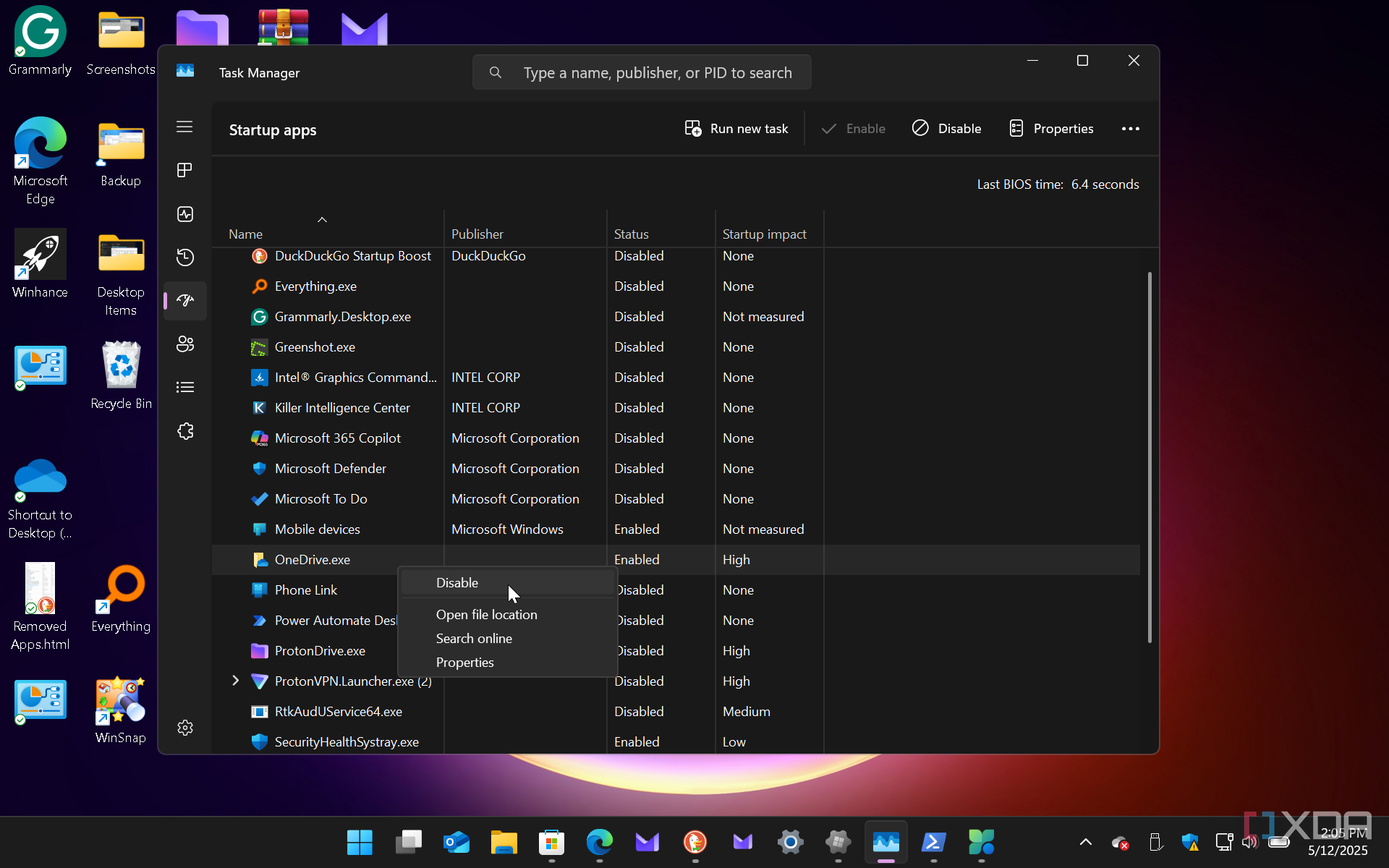
This has been a proven option to make your PC boot up faster for years, before XP. You can go through the Settings app to disable them, but it’s inefficient. A better way is to press Ctrl+Shift+Esc to open Task Manager. Select the Startup apps tab and go through the list of installed apps. The most essential ones to disable are the ones with high impact, like Office, OneDrive, or Photoshop.
Also, I always get this question: “Which apps do I need enabled?” The answer is none. You can safely disable all of them. But it will take longer to launch them, and you might want some of these services running in the background, so you can keep the ones you need accessible. The previous utility I talked about also makes disabling startup apps easy.
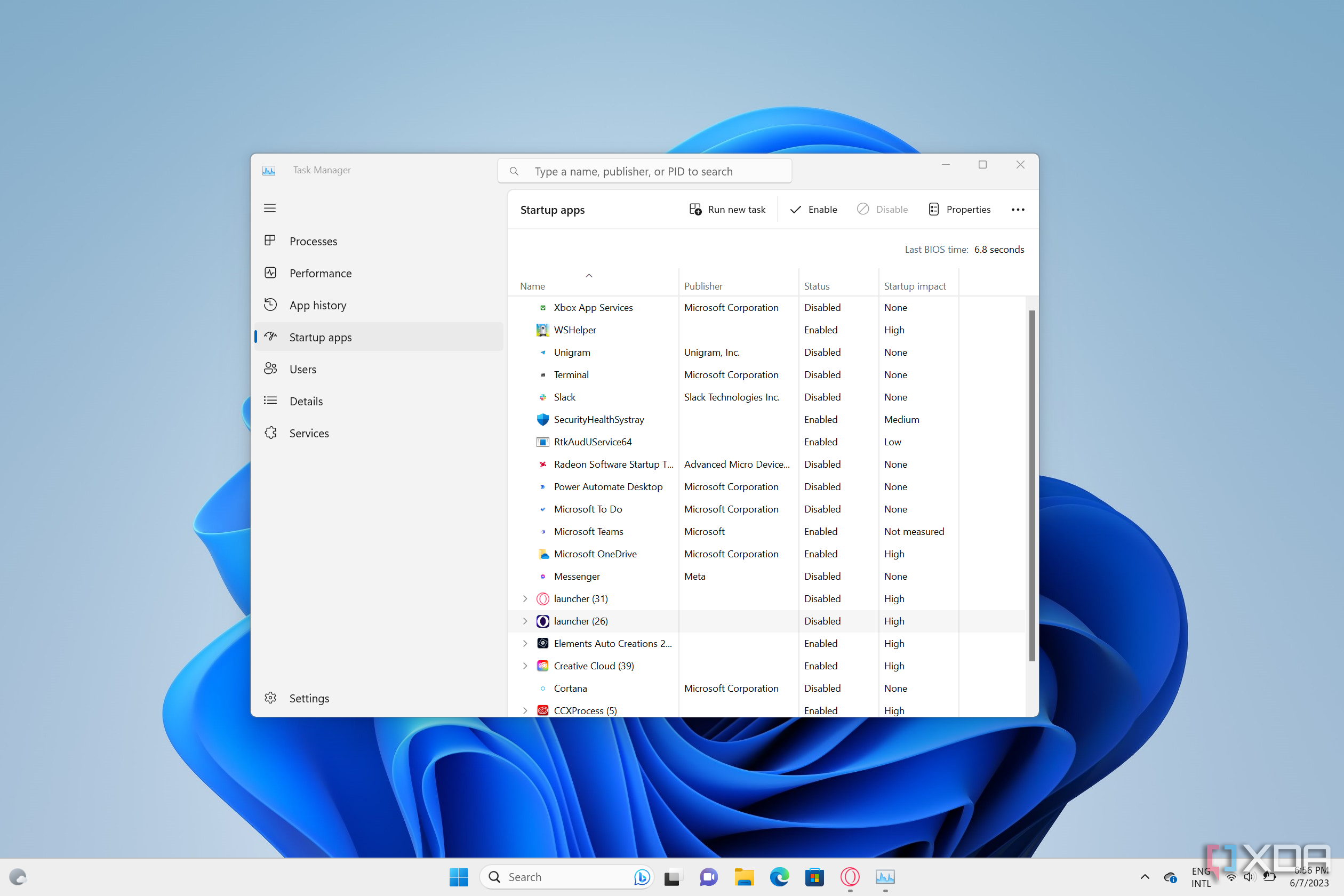
Related
How to turn off startup tasks in Windows 11
Is your computer taking too long to boot and feeling slow? You can turn off startup tasks in Windows 11 to help your PC run a bit faster.
2 Disable animation effects
If you don’t care about eye candy
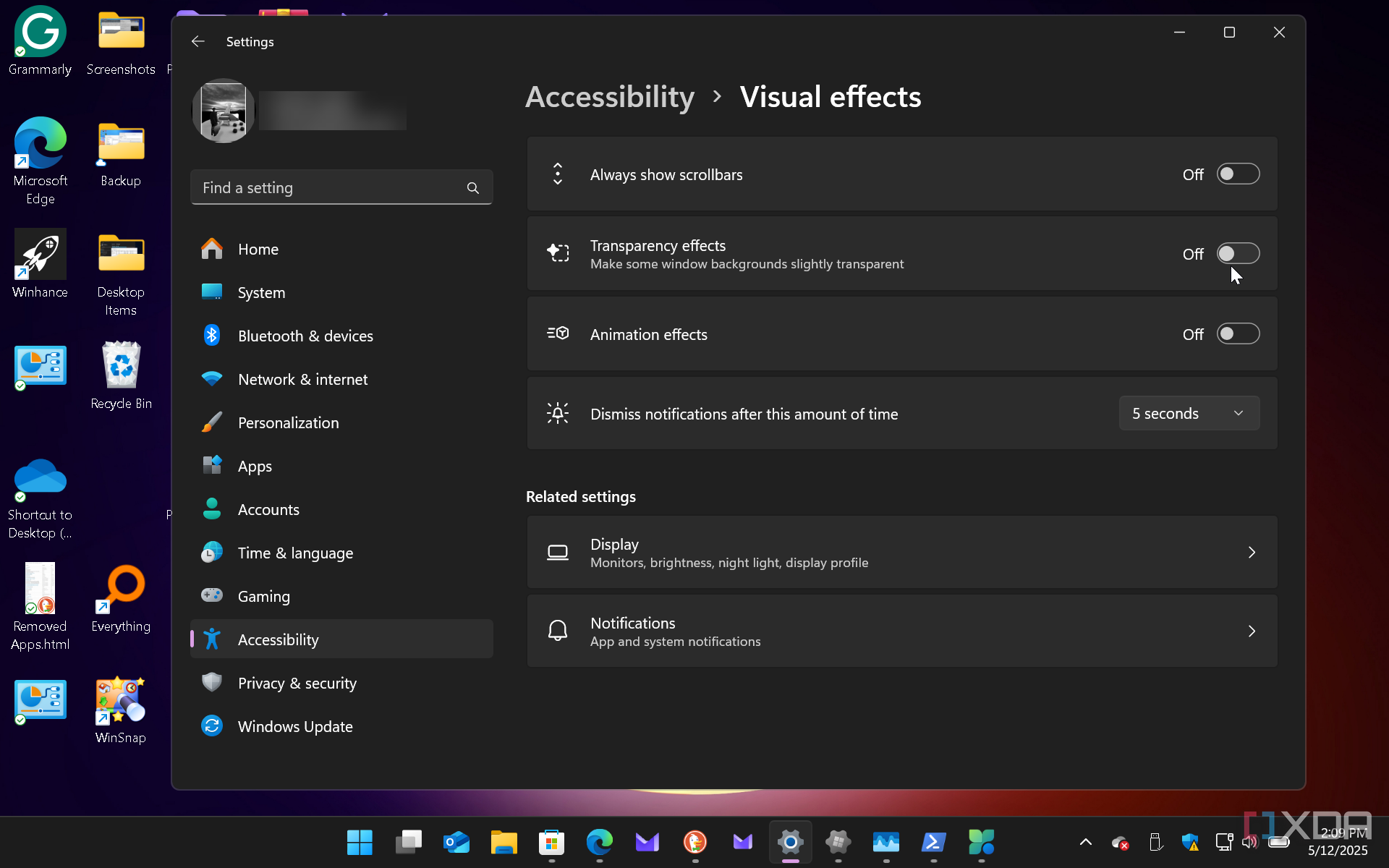
As noted, I don’t care about subtle animation effects on Windows. Turning them off was one of my first changes to Windows 11 to improve performance. It will make a noticeable improvement to Windows' responsiveness and help reduce GPU usage when it's not needed. To turn them off, head to Settings > Accessibility > Animation effects. Turning them off will improve window minimizing and maximizing speeds. You will definitely notice the difference on an old computer. The Windows UI looks less fancy, but I want performance, not fancy.
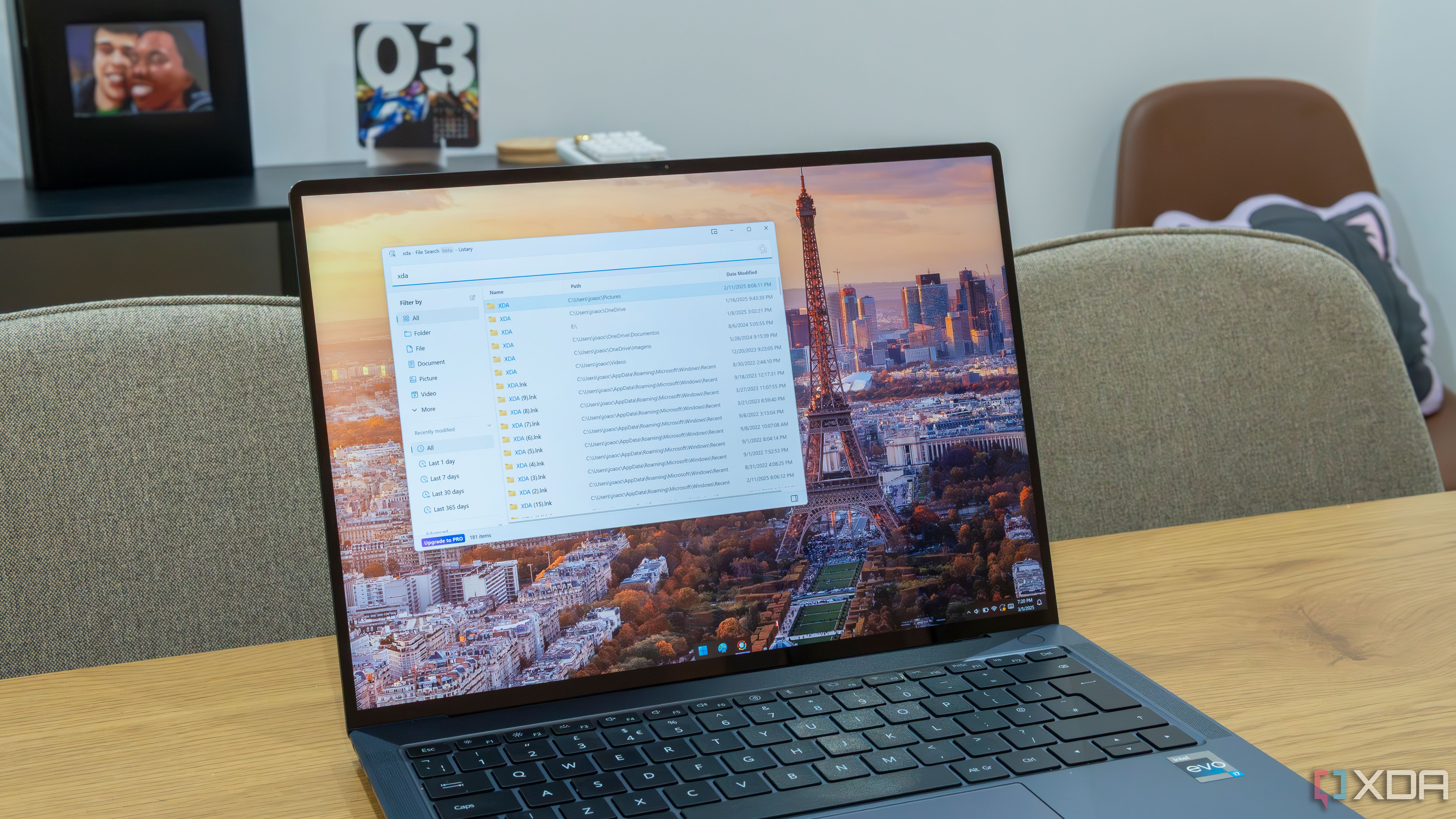
Related
5 essential tips to optimize Windows 11 for office work
Windows 11 has many features that can help you optimize your device for office work. Here's what you can do.
1 Reclaim drive space
A full hard drive or SSD makes Windows start slower
If your local hard drive or SSD is at 70 percent or fuller, it will boot more slowly. Also, having a full drive makes your apps run slower. So, if you have a full drive, it’s time to reclaim some space. I am still a fan of the built-in legacy Disk Cleanup utility. Also, just because you have a blazing-fast SSD, performance can take a hit when it's too full. However, you can use the modern Settings app to clear temp files, which build up quickly. Head to Settings > System > Storage and wait while Windows discovers how much space can be saved. Click Temporary files from the list. Choose the temp files to be removed and click the Remove files button.
You can also use Microsoft's free PC Manager utility. Launch it, click the Storage tab, and click the Deep Scan button. Wait while it searches for items that can be removed and determines the space saved. Choose the files you want to remove. The key to either option is removing the previous Windows installation files to save the most drive space. Once you select the files, click the Proceed button to remove them and reclaim the projected drive space. In my case, it was nearly 10 GB. Once I use either option, I double-check with Disk Cleanup for extra peace of mind. It usually finds 1-2GB more.
Making Windows faster with proven steps
We all want to ensure our PCs run as fast as possible. The above options will get the job done. Remember that too much stuff on your drive affects performance. Another thing you can do is plug in an external drive as a storage drive. You can keep all your data on it and leave your local C: drive efficient, so Windows runs faster.
You should also do more to get more from your system, like enable Fast Startup, but the jury is still out on it. Another option is clearing browsing history from your browsers. Each does it differently, but the option is typically found in settings. Another critical thing to do is ensure Windows 11 is up-to-date. Microsoft regularly issues bug fixes, and performance improvements are included in the updates. The major day to look at is the second Tuesday of the month, also known as “Patch Tuesday.” Also, disabling virtualization in optional features can boost performance if you are a gamer.
.png)
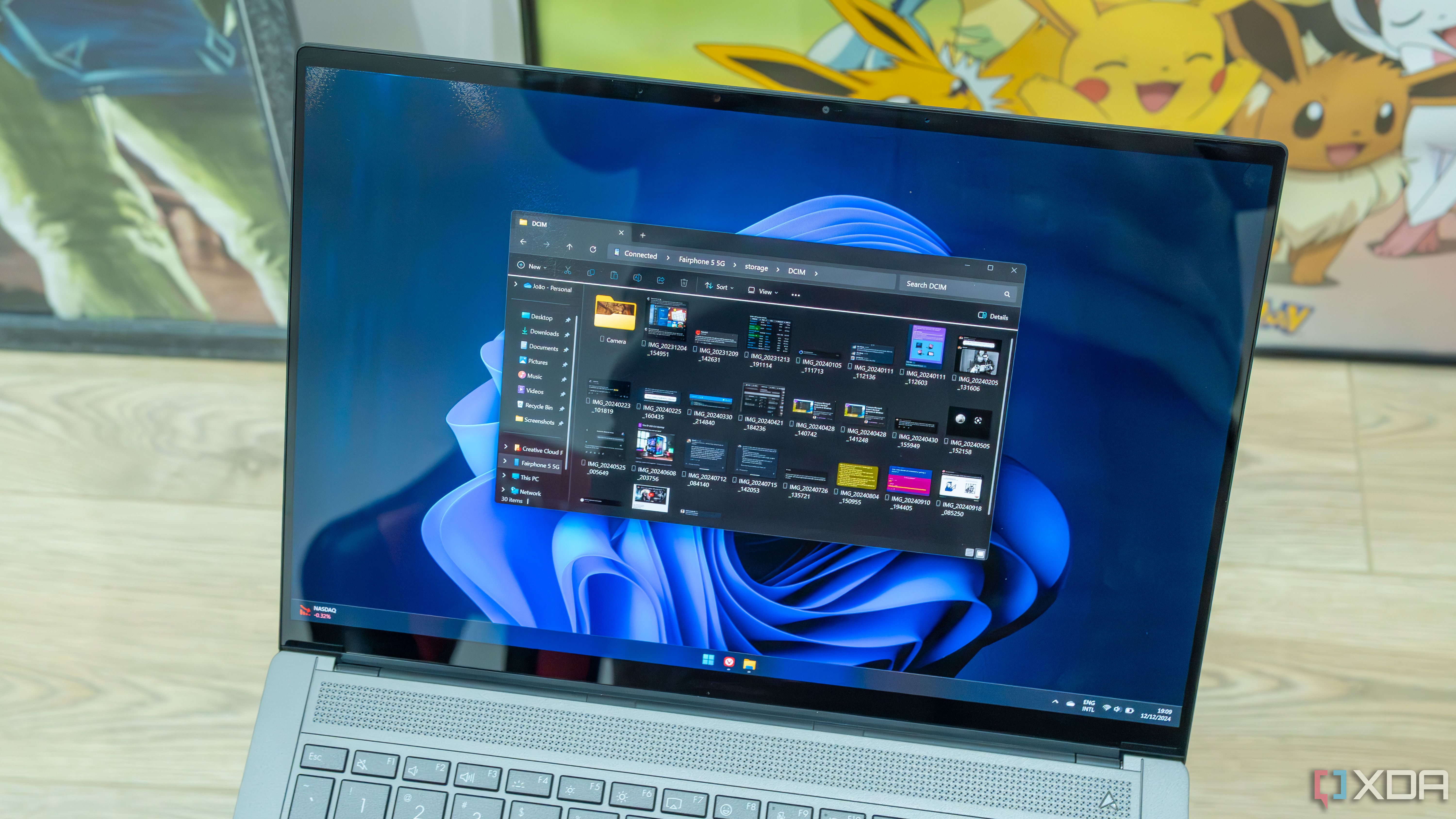
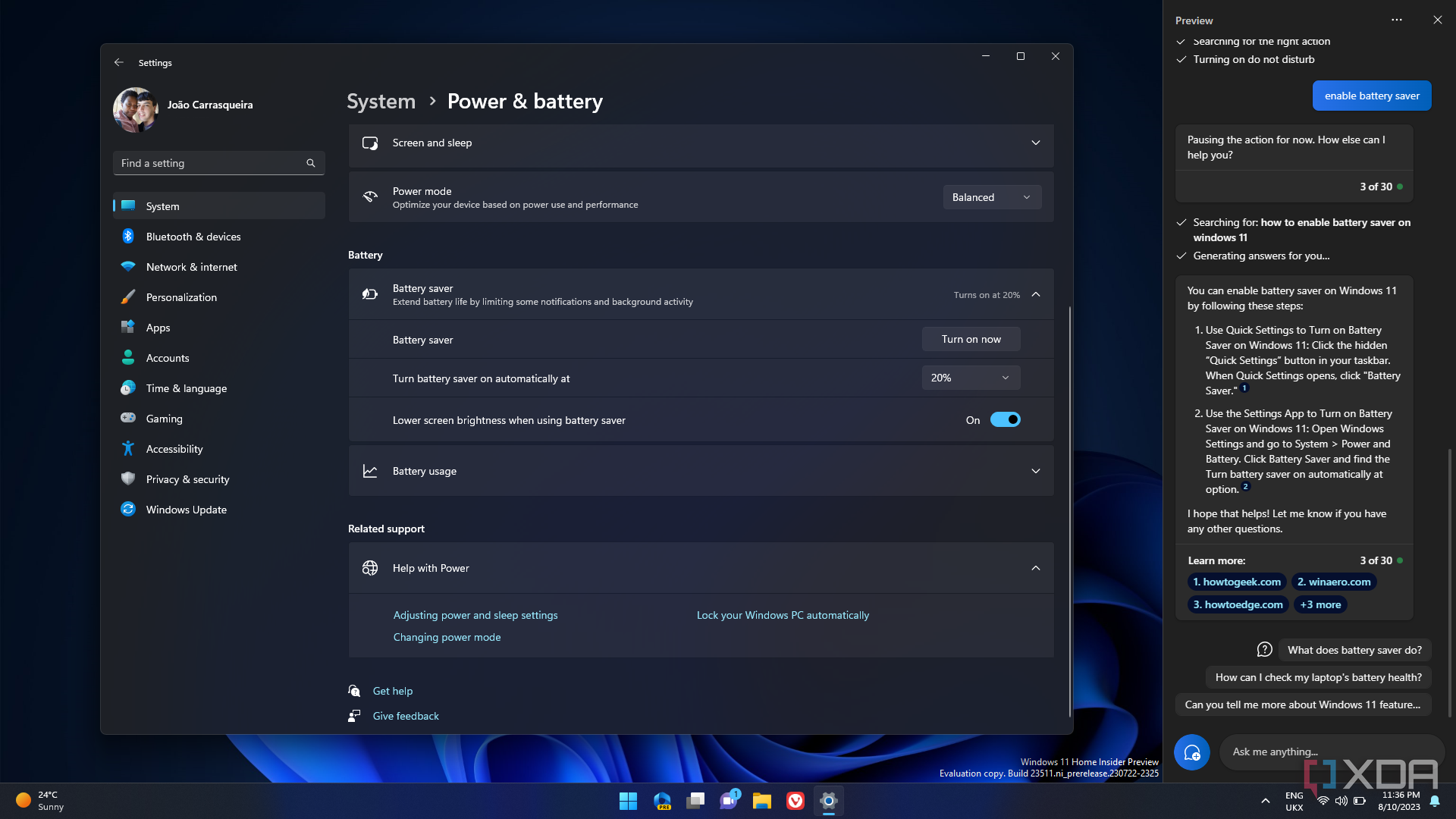
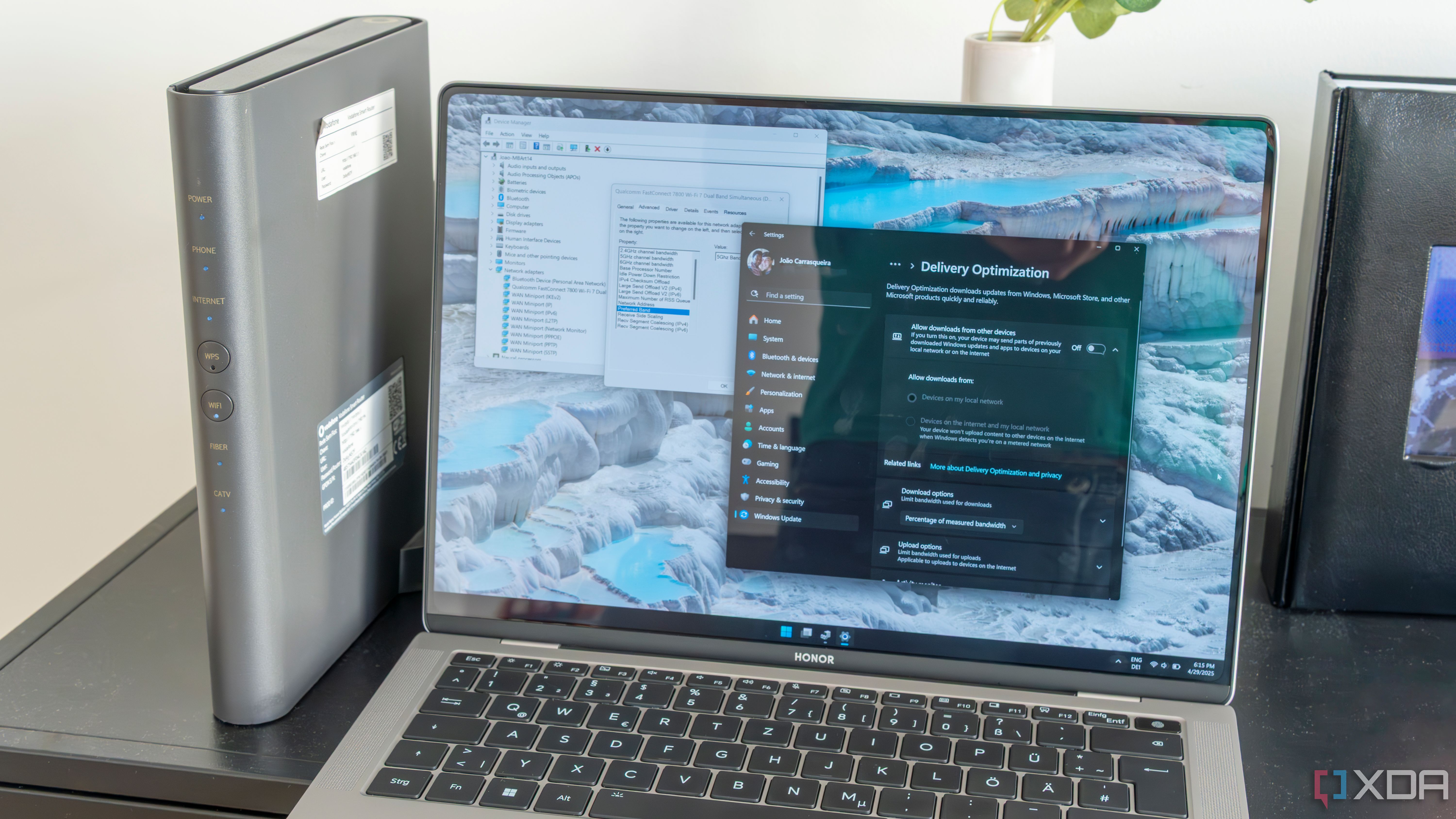
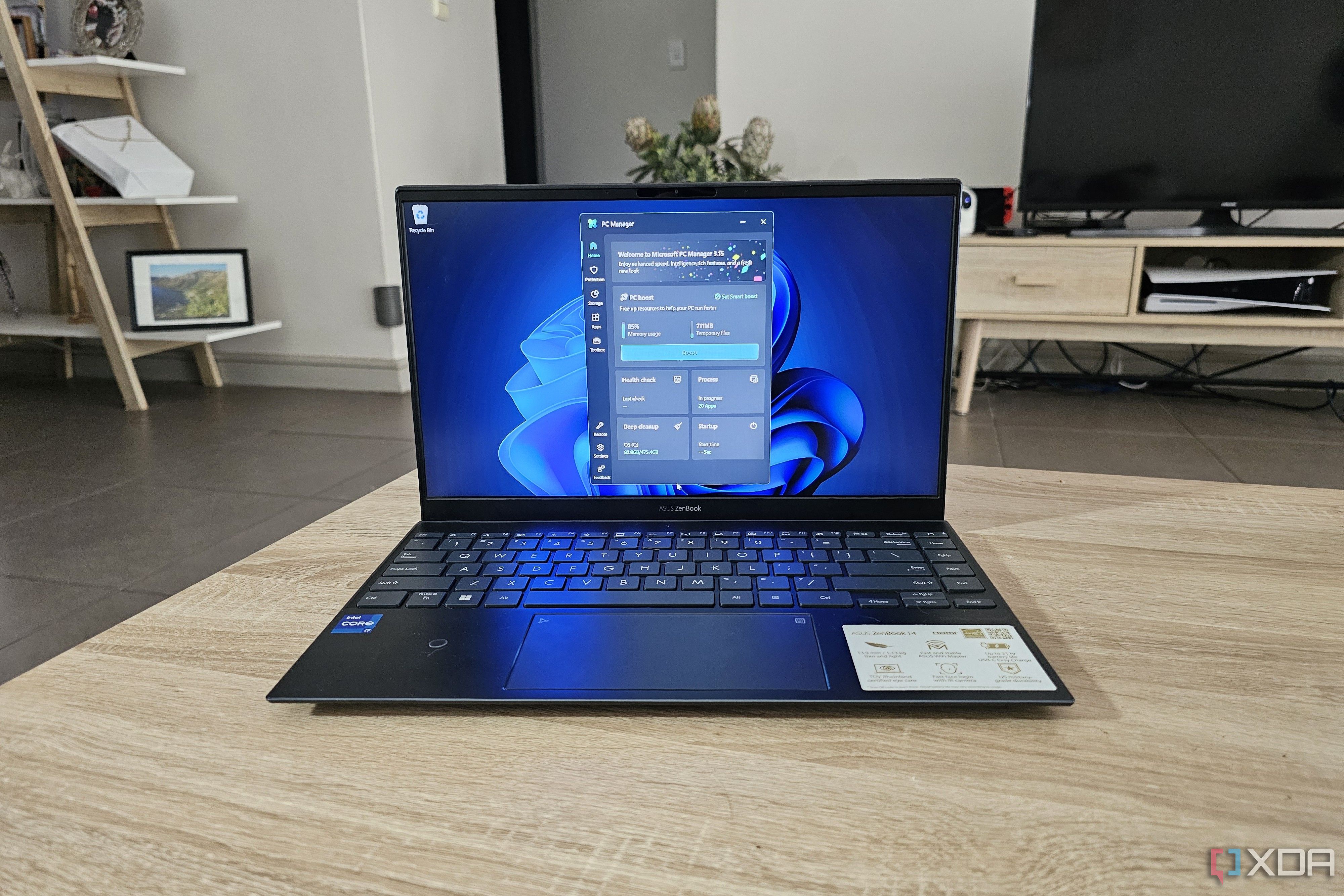



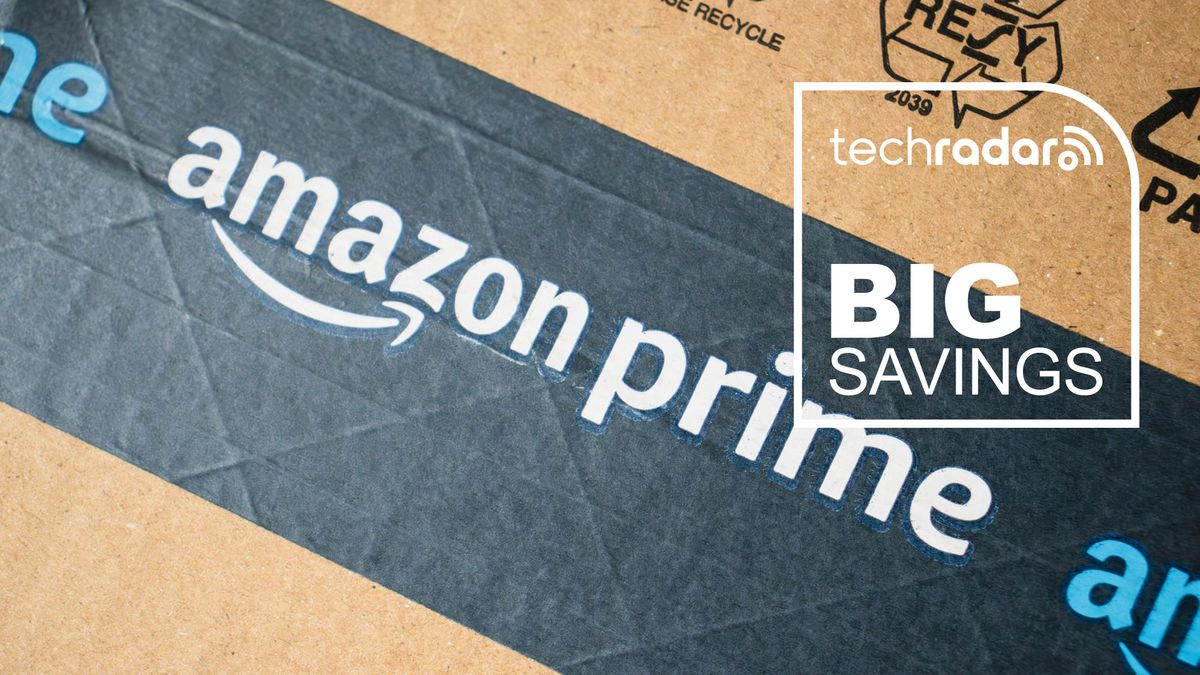






 English (US) ·
English (US) ·